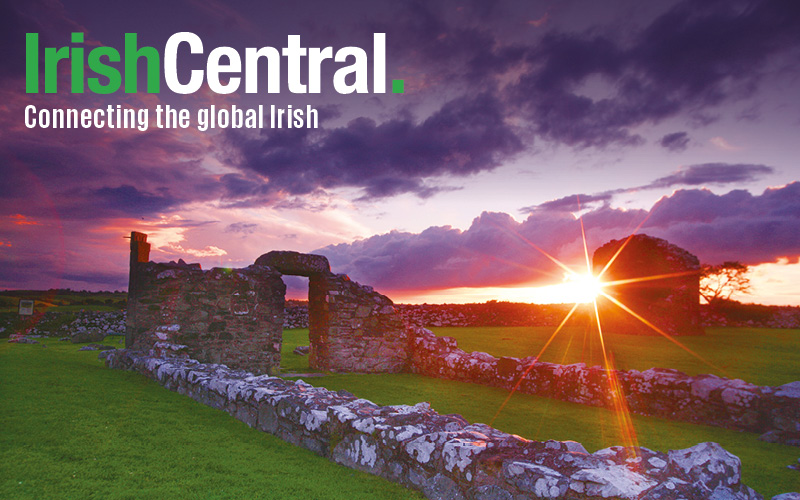Thank heavens! It appears all is in place for a politically correct and anodyne celebration of Easter 1916.
It seems we must not forget anyone who had hand, act or part in the unfortunately messy business of Easter Week, especially those who fired cannons, bombed and shot the Irish revolutionaries.
Or even those who went among the survivors and picked out those for execution and stripped one of them, Thomas Clarke, an old man, naked for their personal amusement.
Or the brave men who let The O'Rahilly lie in agony for several hours after shooting him as he tried to lead his men to safety.
Heroes all, it seems, if we are to believe the mushy one-size-fits-all, it's-all-about-kumbaya-peace-and-love-anyway brigade.
The Catholic Church dived in at the weekend with more warm mush and hot air.
The Bishops pontificated: “It must not be forgotten that issues of identity were only part of a wider debate on equality and social and economic rights. In the events of 1916, and in the years that followed, we can see how these values were obscured by the use of violence.”
There you see - before the Easter Rising and the violence there was a move towards perfect equality and social and economic rights, just ask the slum dwellers in one of Europe’s most impoverished city at the turn of the century or the millions heading for Ellis Island. Only for that Easter violence, the bishops say, all was well in hand.
We should apply those standards elsewhere. Those French storming the Bastille, the Americans taking on the invading British never knew how good they had it and spoilt it all with their grubby little revolutions.
I’d love to see July 4th celebrated, equally remembering those brave soldiers of the crown, the British troops who executed and raped civilians in huge numbers during the Revolutionary War, according to U.S. historian David Hackett Fischer's Pulitzer Prize-winning book "Washington Crossing."
Read more: Easter 1916 - How Irish America and Ireland saw it very differently
French celebrations could feature lookalikes of Marie Antoinette waving to les citoyens. After all, her extravagant life and “let them eat cake” remark about the peasantry inflamed the uprising.
I don't think so. Nor do I see why we should still be bending the knee and worrying about the reaction of the colonial power that had made generations of Irish lives hell for centuries. Penal laws, ignoring a Famine, transportation for stealing a loaf of bread – sure they were only doing their duty goes the refrain, as they were in 1916.
So I don't care a fig what the British did and didn't do. They in fact did what any colonial power always did, tried to crush the rebellion and when that failed created a reign of terror using Black and Tans and other savage paramilitaries.
I see the Irish Republic will also commemorate the Battle of the Somme, the most useless battle in the most useless war in history brought about by squabbling between the royal families of Europe. Not for the first time were Irishmen, British men, German men, used as cannon fodder to keep the generals happy. Little to commemorate there I think, unless we place a statue of the British and German kaisers, kings and generals depicted as donkeys in O'Connell Street.
No doubt there will be attempts to explain some grand purpose behind the battle, something we all have missed about the muck and the mire and the murder and the machine-gunning and poison gas but unhelpfully, I have yet to hear it.
We should tell the truth, not shoddy shameful lies about what was important back then through the refracted sight of the modern era. The game was about empire versus empire and cannon fodder for those wars Irish, English, German young men, and also the fierce awakening of nationhood in countries like Ireland.
The truth of the 1916 Rising was a combination of soldiers, poets, socialists, schoolteachers, lawyers, all patriots wanted to fight for the country they grew up in but had no ownership of.
They were the pathfinders for similar revolutions all over the world in the years that followed.
The leaders were prophetic: they knew they would die but would change everything by their deaths.
So it was. As Yeats remarked, “All changed, changed utterly.” He certainly knew what had happened. We grew up in a different Ireland because of them. Our recent Diaspora history was created by them and the memory of the creation of the Irish Republic has been carried by every Irishman and woman proudly since.
Well, not every Irish person as is clear from the deliberate attempt at mushy facts and mind-blowing political correctness. The men and women of 1916 would likely not have been surprised. They were well used to lip service and faux patriots.




Comments